
When we have our heart broken, it is often difficult to envision a day when the pain we feel will dissipate. We fall into a sad place for a while, but eventually, things turn around and we begin to heal. But what if the pain is very physical? Like a heart attack, broken heart syndrome has similar symptoms such as increased heart rate, shortness of breath and chest pain.
Broken heart syndrome, also known as stress-induced cardiomyopathy, can strike even the healthiest of people, but the exact cause is still unclear. Women are more likely to experience sudden chest pain (a surge of stress hormones), caused by the emotionally stressful event. Known triggers of broken heart syndrome are unexpected death of a loved one, divorce or separation, betrayal, or even a surprise party. This seems to be an apropos time to think about these stressors.
In broken heart syndrome, a part of your heart enlarges for a short period and doesn’t pump as well, while other parts of your heart function just fine. The problem is, it seems very similar to a heart attack, so how can we tell the difference? Here are some basics of broken heart syndrome – you’ll see it isn’t an obvious diagnosis:
- EKG test results aren’t the same as someone who is having a heart attack
- Tests show no signs of blockage in the coronary arteries
- Blood tests show no or little signs of heart damage
- Tests show ballooning of the lower left heart chamber
- Fast recovery time, typically within days or weeks
In some cases, broken heart syndrome can be life threatening, but the good news is most people tend to make a full recovery. Be careful with your heart – not just physically, but emotionally as well.
If you would like more information on broken heart syndrome, contact Dr. Gordon C. Gunn MD at 714-912-2211 or visit www.gordongunnmd.com to schedule an appointment today.
Dr. Gordon Gunn proudly serves Fullerton and all surrounding areas.

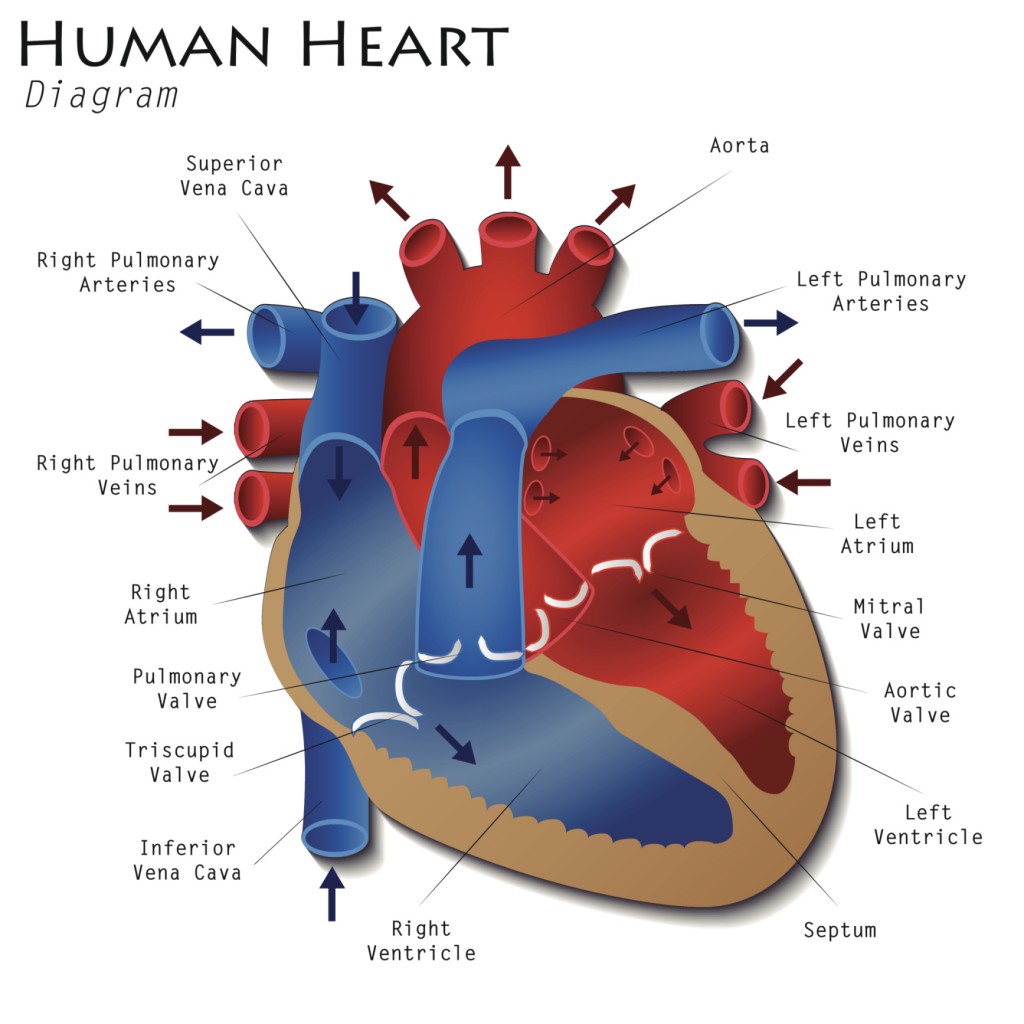

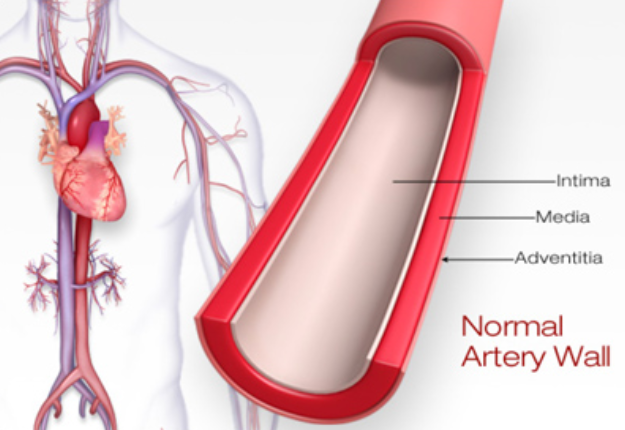
 Heart disease is the #1 killer of women in the United States, even more so for women that have had their ovaries removed. That’s a scary statistic. So, what’s a girl to do? Start by replacing the junk food with these
Heart disease is the #1 killer of women in the United States, even more so for women that have had their ovaries removed. That’s a scary statistic. So, what’s a girl to do? Start by replacing the junk food with these 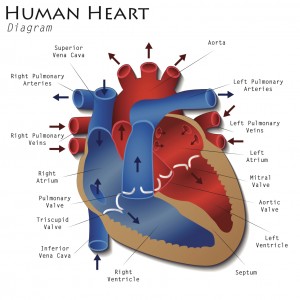 High blood pressure, or hypertension, currently affects 1 out of every 3 American adults. High blood pressure often has no signs or symptoms and is therefore called the “silent killer” as it is one of the most important factors leading to heart attacks, strokes, heart failure, kidney disease and early death. Here are some steps that can help to
High blood pressure, or hypertension, currently affects 1 out of every 3 American adults. High blood pressure often has no signs or symptoms and is therefore called the “silent killer” as it is one of the most important factors leading to heart attacks, strokes, heart failure, kidney disease and early death. Here are some steps that can help to 
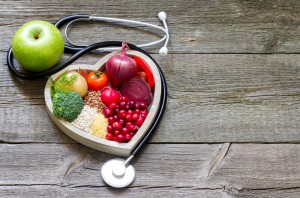
 Do you have to get up more than once in the middle of the night to use the bathroom? When you are in public do you find yourself always looking for the restroom? Not only is it an inconvenience, but it can be cause for concern if it is a developing occurrence. After all, having an overactive bladder make daily life hard but there are many reasons it has developed. Diabetes, urinary tract infections or trouble walking can all be reasons you have an overactive bladder, so it is important to seek
Do you have to get up more than once in the middle of the night to use the bathroom? When you are in public do you find yourself always looking for the restroom? Not only is it an inconvenience, but it can be cause for concern if it is a developing occurrence. After all, having an overactive bladder make daily life hard but there are many reasons it has developed. Diabetes, urinary tract infections or trouble walking can all be reasons you have an overactive bladder, so it is important to seek 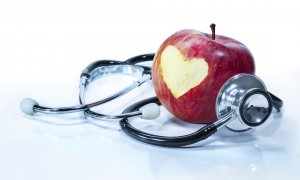 We all want to look and feel our best
We all want to look and feel our best